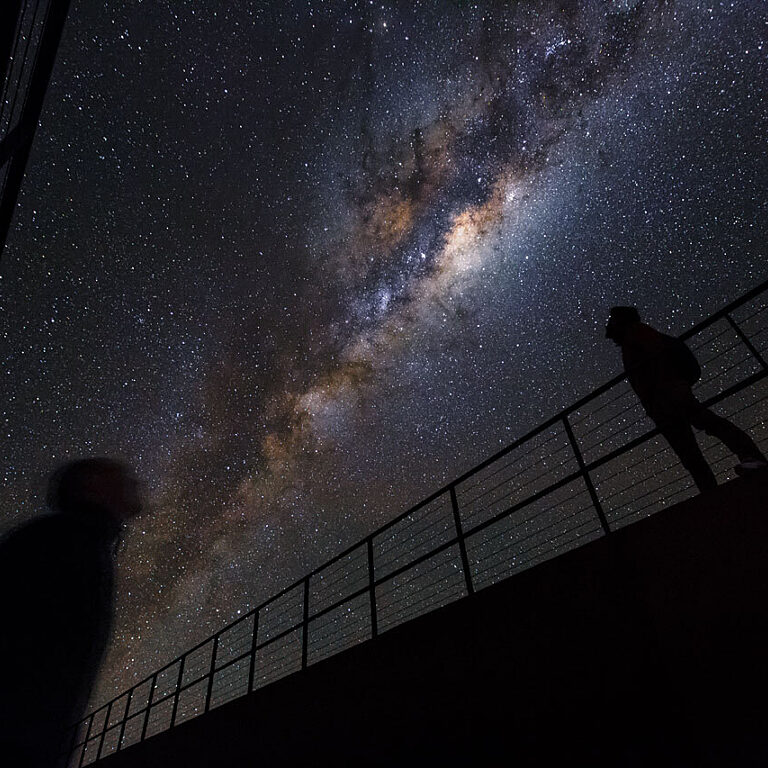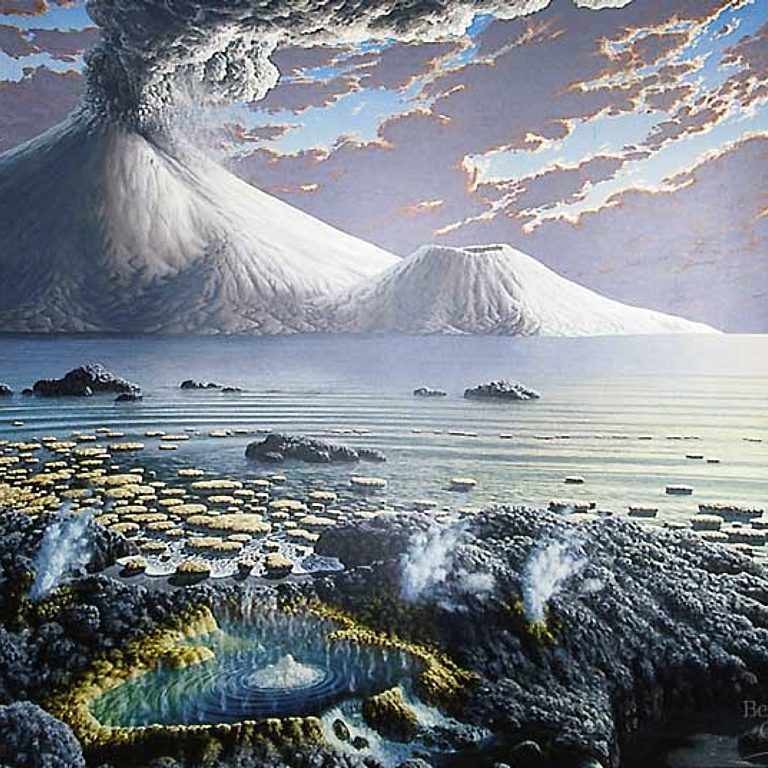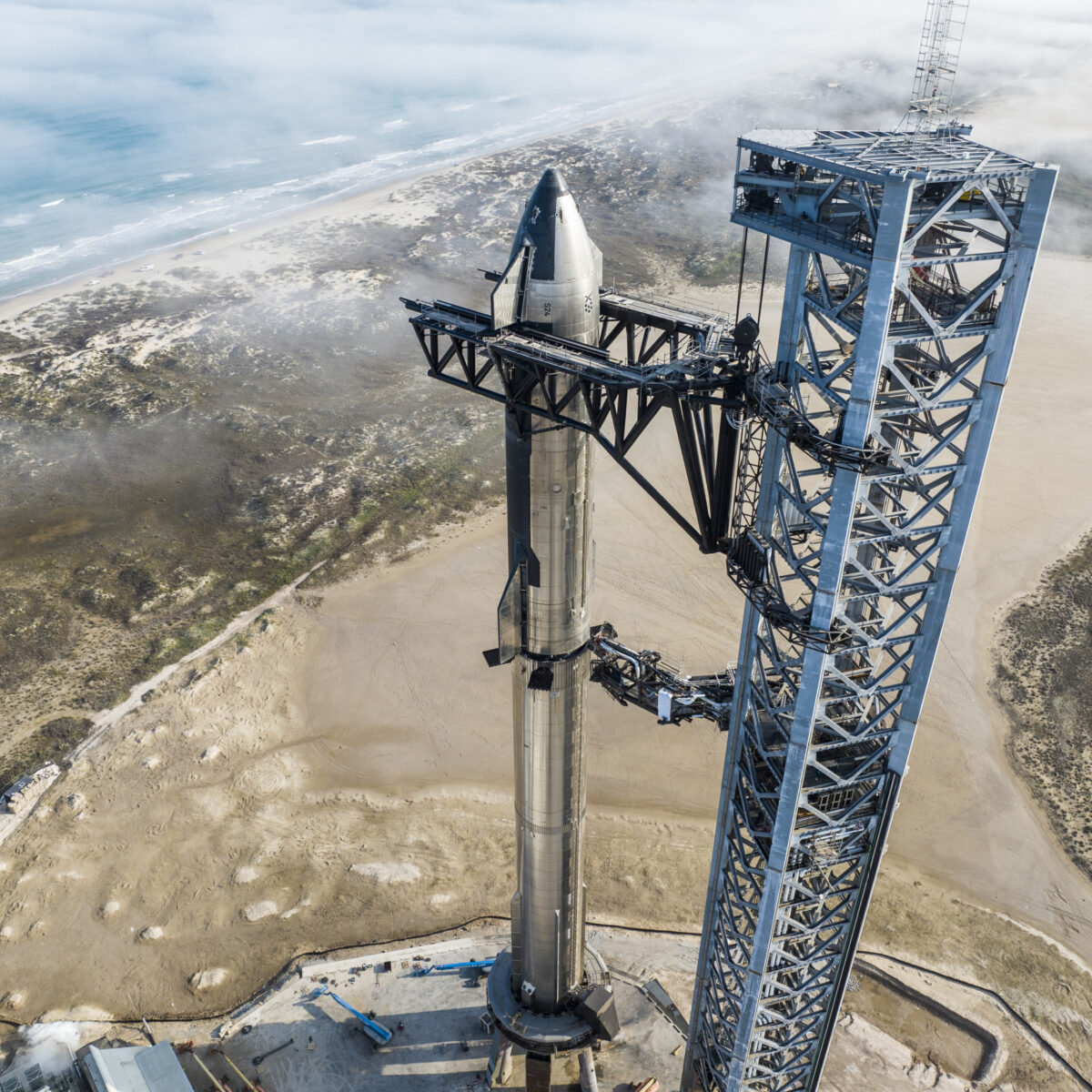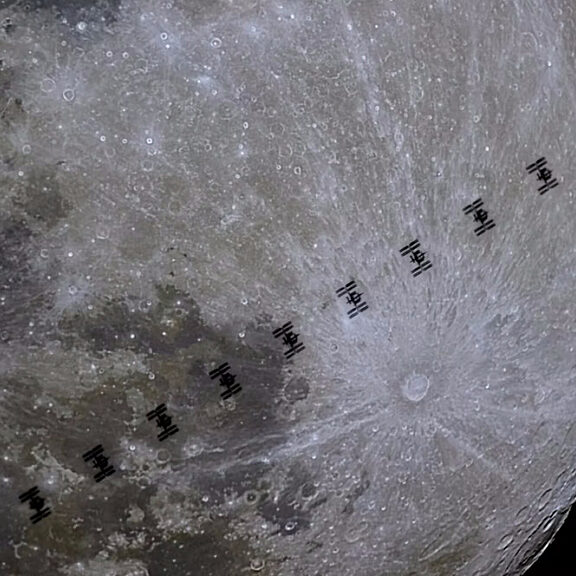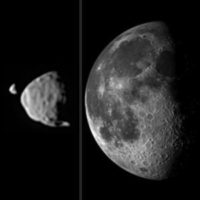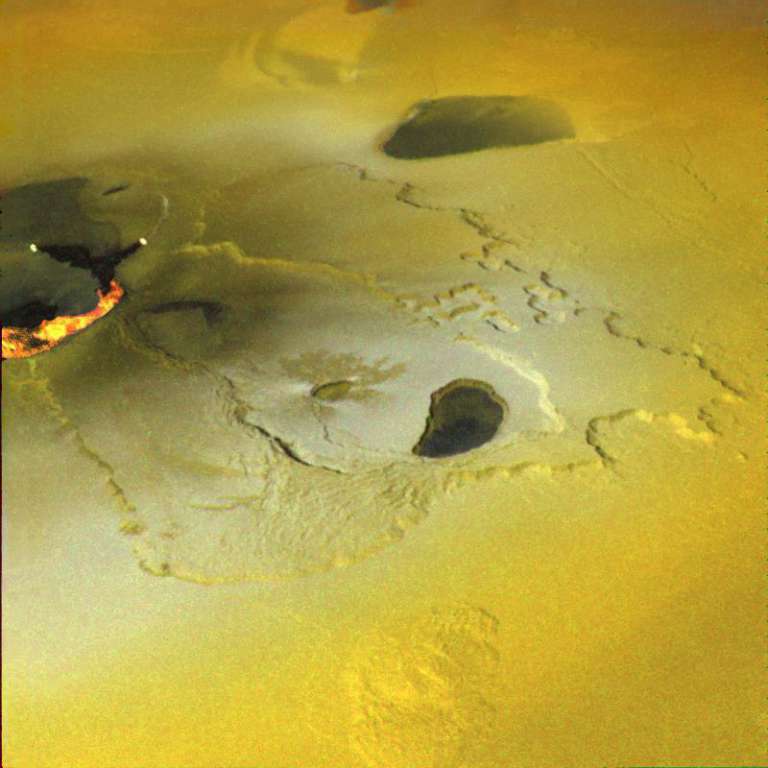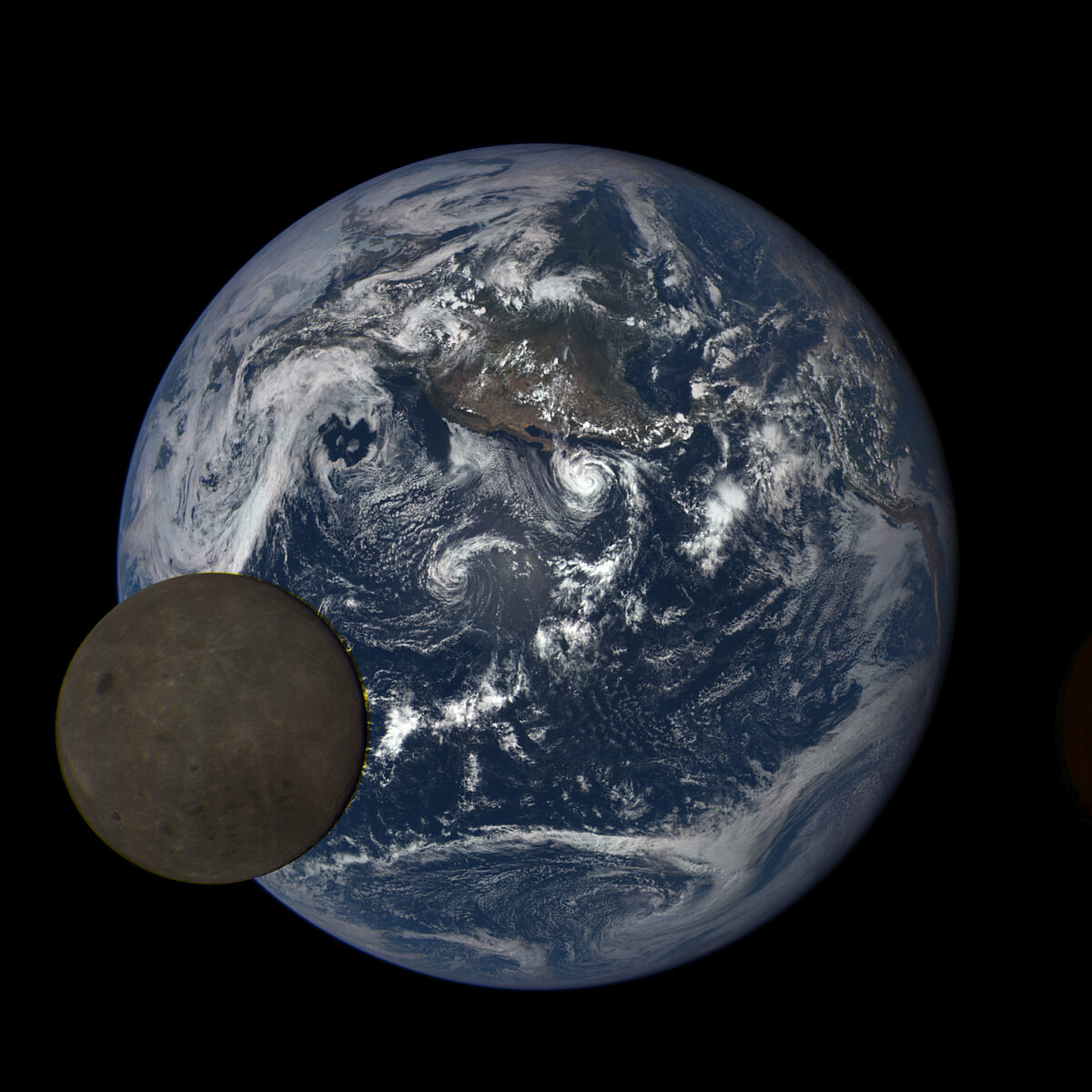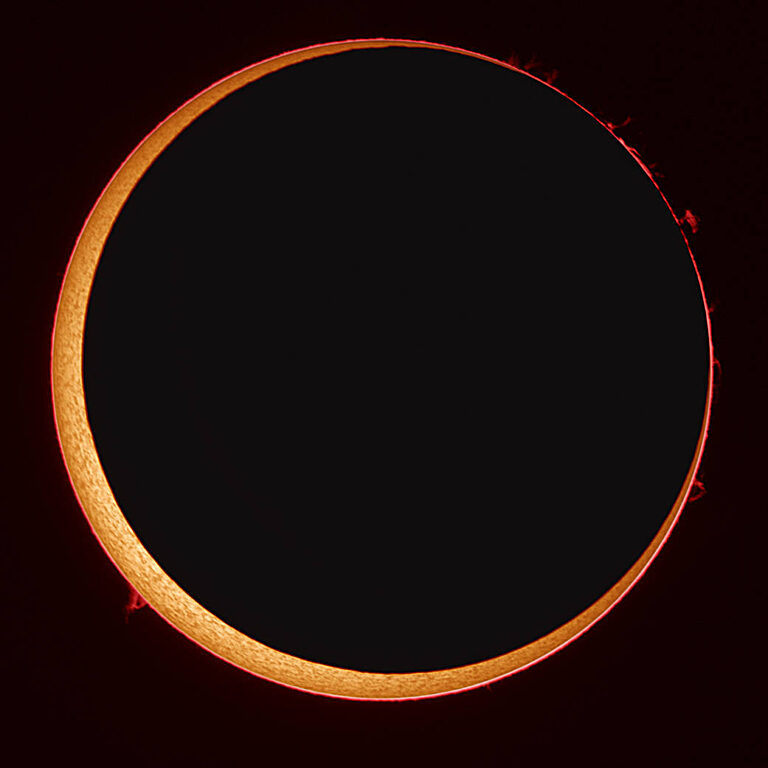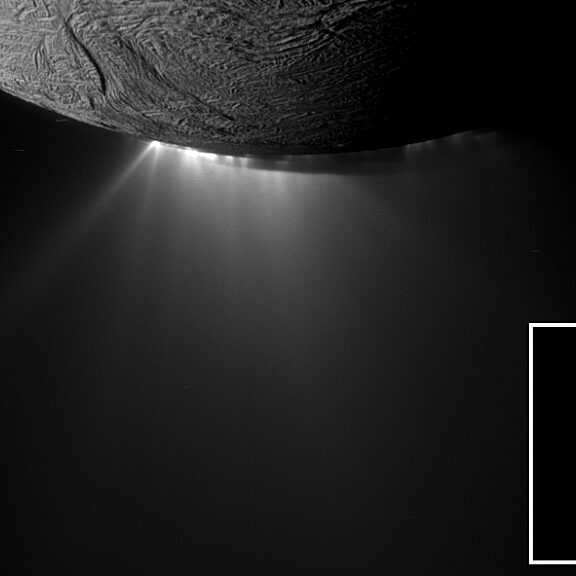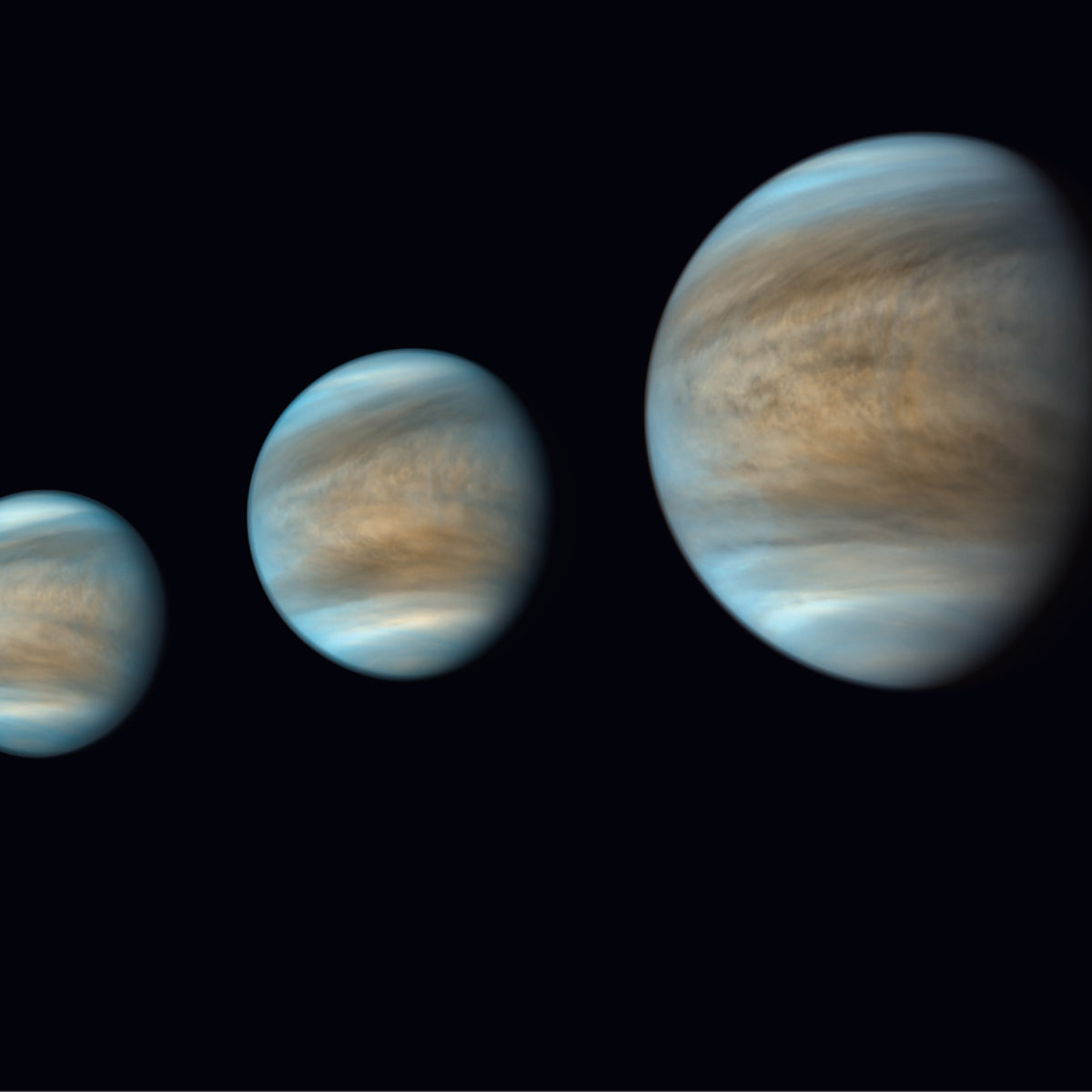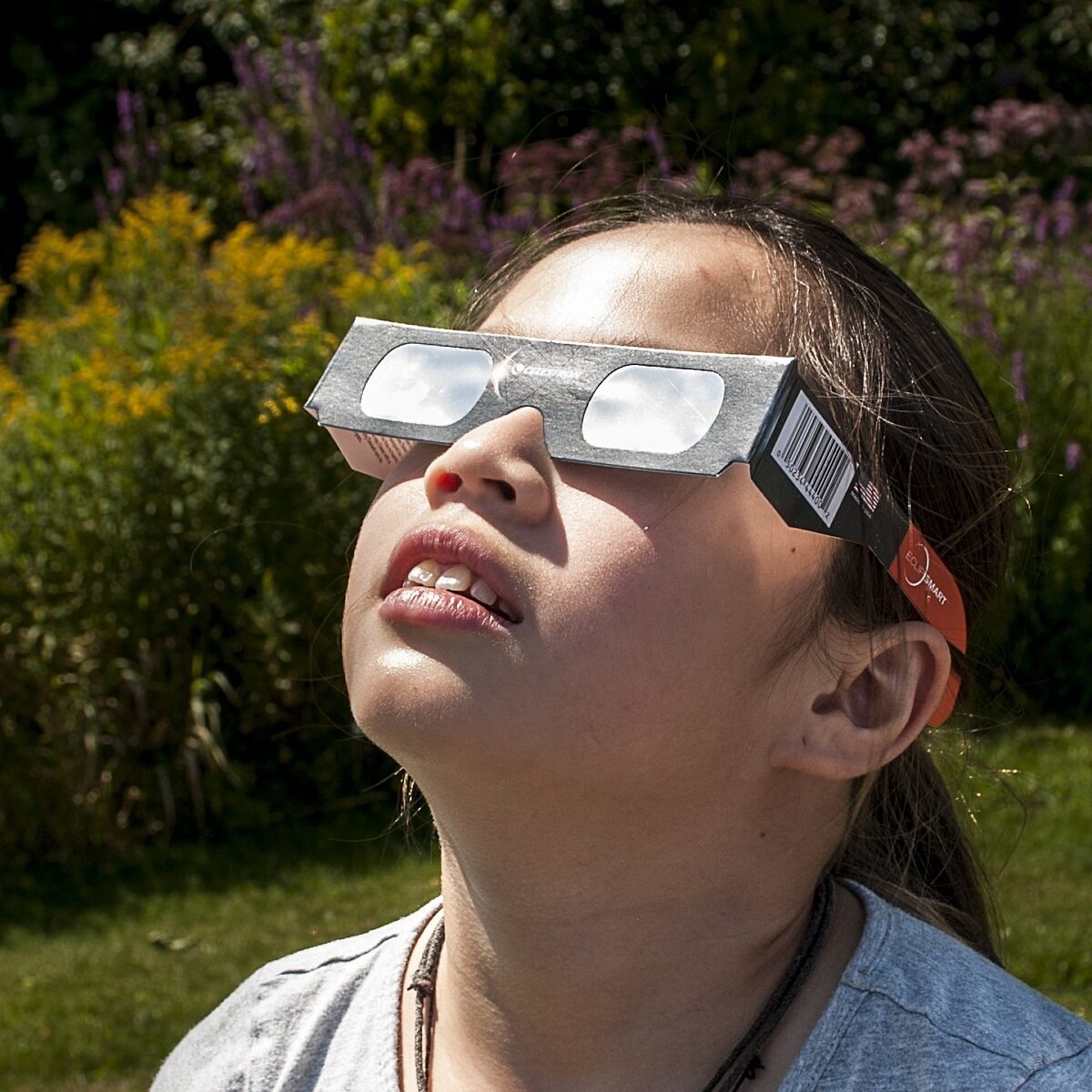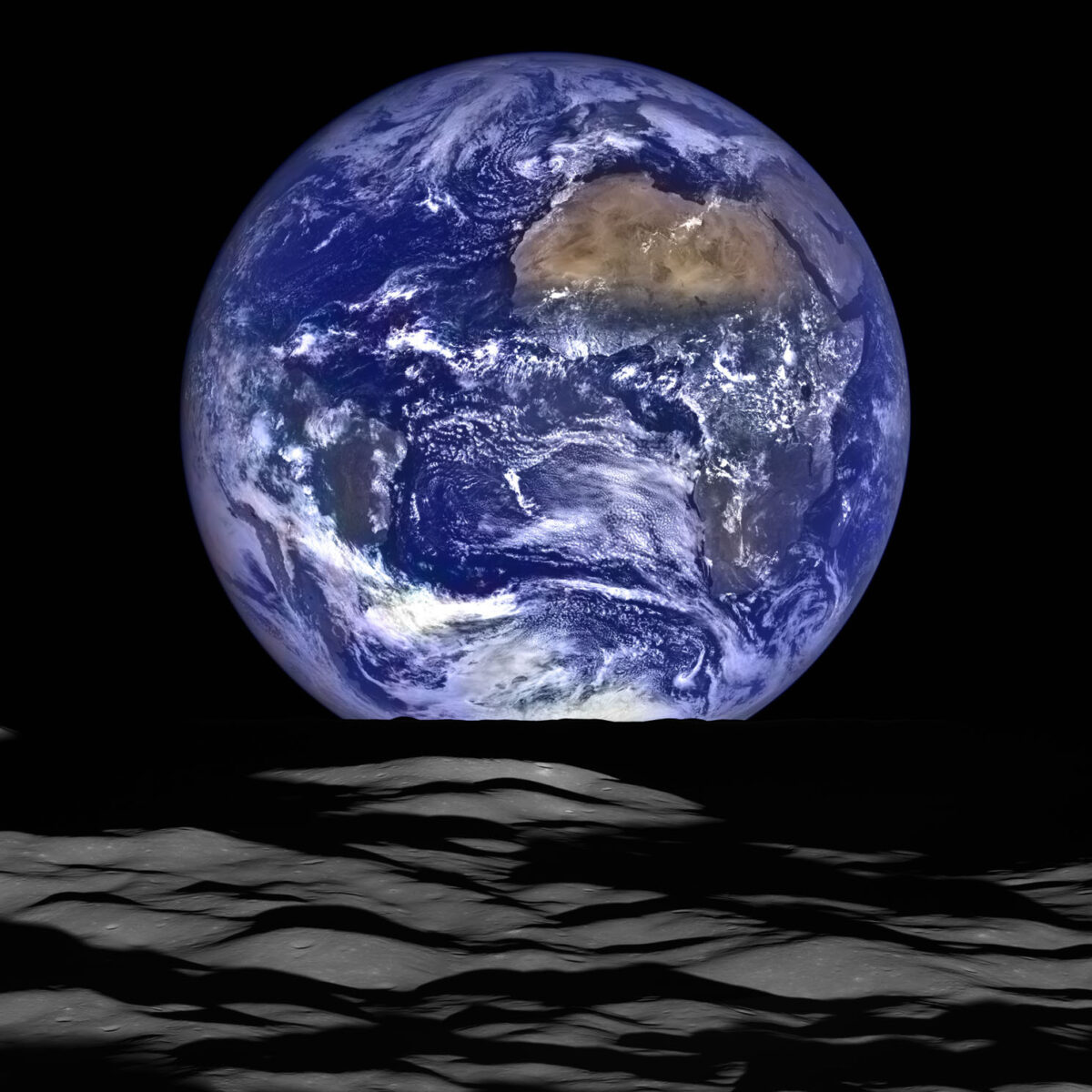All
All
Stories, updates, insights, and original analysis from The Planetary Society.
A beginner’s guide to stargazing
It only takes a few basic tips to start exploring the night sky.
How to spot Comet Tsuchinshan-Atlas
Catch this once-in-a-lifetime comet over the next few days.
Connecting ancient life to other worlds
Looking to the past to guide the search for life.
How soon will Starship fly?
One rocket could decide how soon humanity returns to the Moon — and maybe one day sets foot on Mars.
How to spot the ISS
Seeing the ISS is easy and amazing stargazing.
How to see the nova (“new star”) in Corona Borealis
A giant stellar explosion is going to be visible from Earth. Here's how to see it.
Earth’s quasi-moons, minimoons, and ghost moons
They may not be real moons, but they're worth exploring and studying.
Chang’e-6 launch: What to expect
China will attempt to return the first-ever samples from the far side of the Moon.
What are planets made of?
A look at the compositions of terrestrial planets, gas giants, and ice giants in our Solar System.
The hottest and coldest places in the Solar System
The worlds of our Solar System run the gamut of temperatures. Here are some of the hottest and coldest places we know of.
Is the Moon shrinking?
The Moon is shrinking in both actual volume and its apparent size from Earth’s perspective. We explain how scientists know this, why it happens, and how it might affect Earth.
An exquisite cosmic coincidence
Why eclipses on Earth are unlike anything else in the Solar System.
The best places to search for life in our Solar System
From Earth's neighboring planets to distant moons, these are the best places to look for alien life.
What to look forward to in space in 2024
A total solar eclipse and the launch of Europa Clipper are on our list of cosmic events to get excited about this year.
Why the true colors of the planets aren't what you think
Cameras on our space probes act as proxies for our own eyes, but what they see isn't necessarily what our eyes would see.
Sharing an eclipse with kids
Here's a simple and safe way to observe solar eclipses that's appropriate for young children, with no eclipse glasses or other special equipment needed.
How did Earth get its water?
Earth's water may have been on our planet since its formation, or could have been brought here by impactors early in our planet's history. Here's a look at the leading theories about where Earth's water came from.
How old is the Earth?
The Earth is thought to be about 4.54 billion years old. Learn more about how it formed, and how we know when this all happened.
Want to experience the 2024 total solar eclipse? Here are some tips.
We asked two eclipse chasers for tips on how to plan your big moment in the Moon's shadow.
A guide to eclipse vocabulary
A list of useful words and terms relating to lunar and solar eclipses.


 Explore Worlds
Explore Worlds Find Life
Find Life Defend Earth
Defend Earth


 Sun
Sun Mercury
Mercury Venus
Venus Earth
Earth Mars
Mars Jupiter
Jupiter Saturn
Saturn Uranus
Uranus Neptune
Neptune Small Bodies
Small Bodies